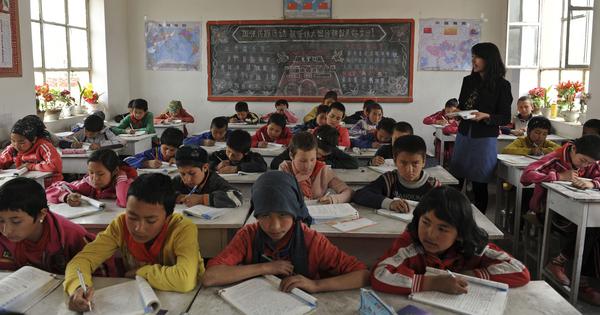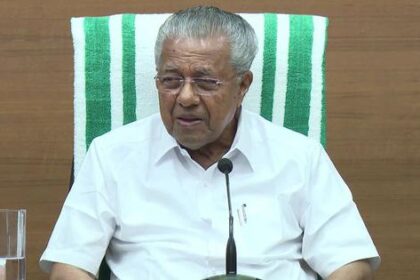The Chinese government employs aggressive measures to reshape Uyghur identity through cultural and religious erasure.
The situation in the Xinjiang Uyghur Autonomous Region has drawn significant international attention due to the Chinese government’s ongoing crackdown on the Uyghur minority. This repression is not merely an isolated event but part of a larger strategy of forced assimilation and cultural erasure under the leadership of Xi Jinping. This strategy, often referred to as “soul-casting” (铸魂), highlights a broader agenda of social re-engineering aimed at fostering a shared identity among China’s diverse ethnic groups, which includes approximately 125 million individuals.
At the heart of this initiative lies the metaphor of forging or casting, illustrated by the ancient Chinese pictograph 鑄 (zhù). The Chinese Communist Party (CCP) has adopted this metaphor to express its desire to reshape minority cultures, particularly that of the Uyghurs, into a form that aligns with Party-defined norms. Officials are tasked with the mission of “casting souls and educating people” (铸魂育人), particularly among the Uyghurs, who are perceived as being the furthest from the Han Chinese normative center.
Xi Jinping has emphasized the necessity of this “soul engineering project” (灵魂工程) for the CCP to lead the nation towards what is often termed the “China dream.” Writers, educators, and Party officials are labeled as “engineers of the soul” (灵魂的工程师), expected to transform what they describe as “rudderless souls” (无魂的躯壳) into patriotic citizens imbued with the “red gene” (红色基因) and a correct understanding of the Party’s vision for the nation.
The backdrop to these policies includes a context marked by fear stemming from a few radicalized Uyghur militants, whose actions have been generalized to the entire population. The government has reacted by subjecting the Uyghurs to a broad and oppressive regime of surveillance and control, encapsulated in the term “concentrated transformation through education” (集中教育转化). This has led to the detention of possibly over a million Uyghurs in extrajudicial camps.
Education in Xinjiang has been heavily reformed to prioritize soul-casting from an early age. Under Xi’s administration, the Party has revised textbooks and curricula, emphasizing Putonghua and centralizing Han-centric narratives within the education system. A pervasive surveillance apparatus has been established across the region to monitor and correct what the state deems as “deviant” thoughts and behaviors.
Additionally, programs such as Fanghuiju, which began in 2014, aim to extend the reach of soul-casting into everyday life by sending Han work teams to remote villages. The “Becoming Family” campaign further reinforces these efforts by pairing Party officials with Uyghur families, fostering an environment of surveillance disguised as ethnic harmony.
Labour has also become a focal point for re-education, with the government mobilizing Uyghur workers into Han-dominated cities. The systematic destruction of religious and cultural sites is part of a broader strategy to erase Uyghur identity. Furthermore, coercive birth control measures targeting the Uyghur population have led to significant declines in birth rates, marking a biopolitical effort to reshape the demographic landscape.
In Xinjiang, the CCP’s policies reflect a harsh intolerance for diversity, manifesting not only in physical terms but also in the ideological and cultural realms, illustrating a profound challenge to the very essence of Uyghur identity.








